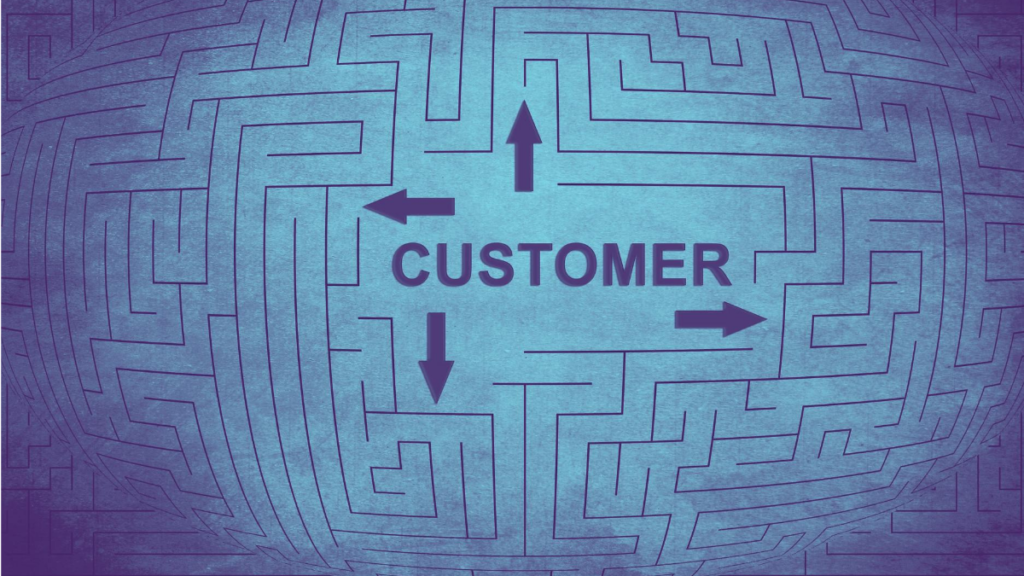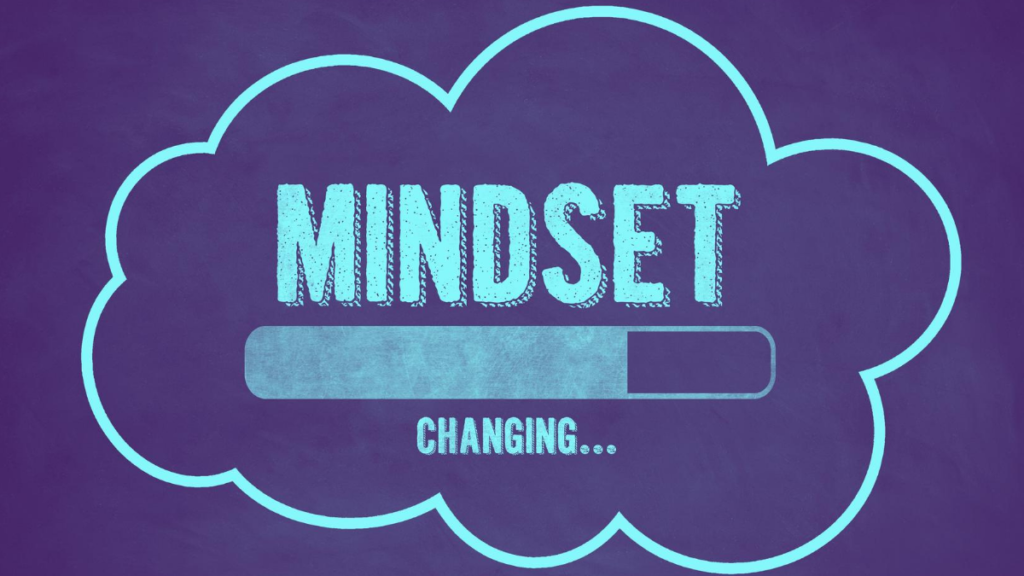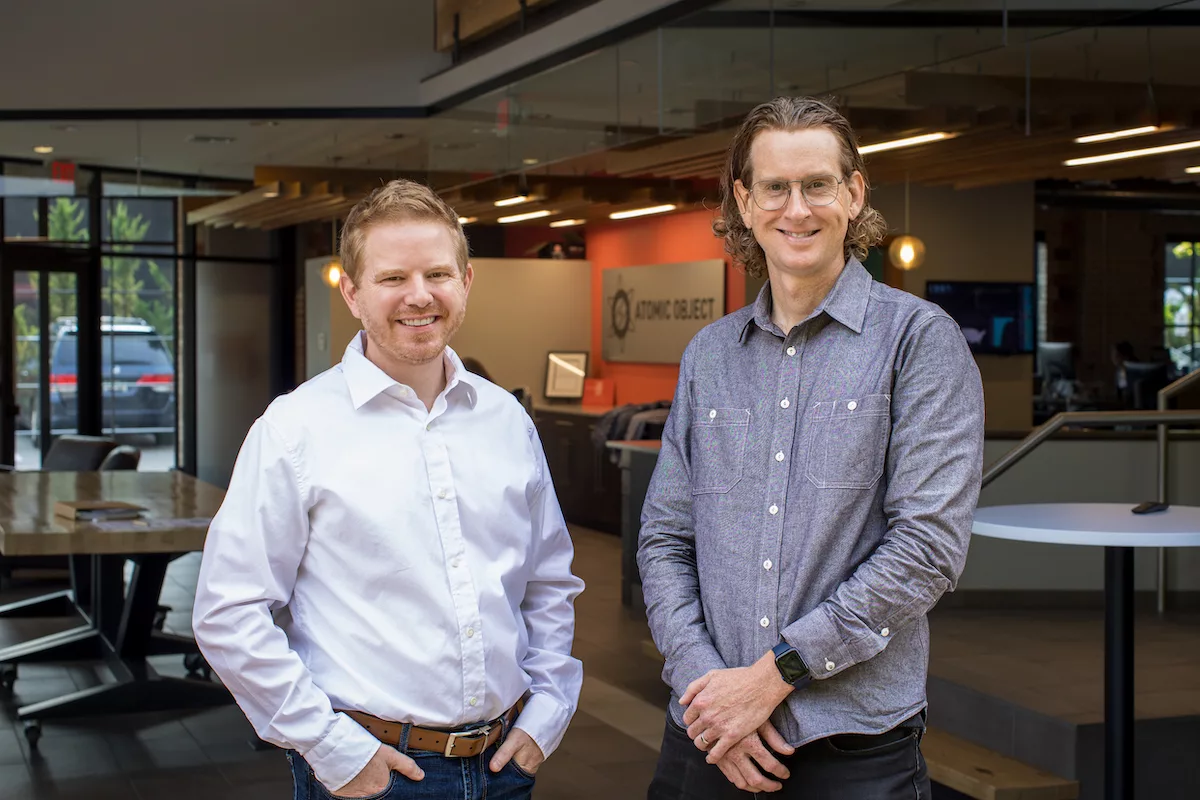Earlier this year, I’d say mid-pandemic (are we going to start measuring time like this?), we started a Book Club here at City Innovation Labs. (Here’s my 2020 book list). Most of us are avid readers anyway and we’re all inherently curious. What was our first book? Lean Startup by Eric Reis. I’m not here to give you a synopsis of the book, you can go ahead and read it yourself. I’m here to break down the ways that you can apply this to your business. How, even in the enterprise world, these methods can apply. Ready to jump in? Great, let’s get started.
Lean Startup Background
Just a quick stop here to explain what Lean Startup is – it is a methodology to get a working product into your customer’s hand as fast as possible. We all want to do this, right? It is taking a simple build, measure, learn cycle, and applying it to your business. Moving fast and making sure you’re creating the right product in the long run. What other aspects of Lean Startup can you apply to your business? Hm, I can think of a few.
1. Measure Everything

Is what you’re doing working? How can you measure what you’re implementing? These are questions that should be asked before the start of any project. Are you adding a new feature to your app? Cool – but how can you measure if it’s successful. Backing up any new venture with analytics is insanely important. It is undeniable that some of our trials will succeed and some will fail. You have to be willing to look at the data to decide the outcome. Before implementing have a clear goal of what success and failure look like and how you’re going to measure them. Give yourself a timeline to determine when you’ll decide. Just because you think something is going to work, doesn’t mean it will. Honesty with yourself is key here, being humble and willing to admit that something didn’t work will help you in the long run. Eventually, you will figure out the thing that DOES work because you eliminated a bunch of things that didn’t.
That was a long winded way to say, set a goal and figure out how to get it done. Set clear expectations for your goal – did you fail or succeed. Then move on and do it all over again.
2. Get out of the building (and your own head!)

Many successful entrepreneurs will say the phrase above. Why am I repeating it here? Because you can’t build and scale a business in a silo. You must talk to potential customers, you must get feedback on your ideas, and you must be willing to acknowledge that there are people in the room (and outside of it!) that are smarter than you.
We can have assumptions that our idea will work, that everyone will love it. However, unless we are validated in that assumption. We could be building something that only we find valuable. So, get out of the building. Go talk to people. See if they find your idea as valuable as you do. Understand what they like and dislike and how they would use it. Is there anything confusing that would prevent people from using it? Does your customer even understand what it is?
The Customer is King. They decide whether a product or idea lives or dies. You alone, do not. It’s a little scary to put your idea out into the world, however, better to do it before you invest a ton of money building out a business that no one cares about. Take the leap, welcome the feedback, and create something better than what you originally set out to!
3. Keep it Simple

The old adage is true – it doesn’t have to be complicated to work. There is no need to have every feature mapped out, built, and realized before getting something into the hands of consumers. You want to test your idea with an MVP version. We talk about MVPs over here.
What is simple? It’s creating a landing page instead of an entire app. It is pulling a Dropbox and creating a video ABOUT a prototype to see if people are interested. It is taking something complex and releasing something simple to gather and analyze feedback.
Why would I do this, you ask? Keep your initial investment low, validate, validate, validate, and listen intently.
Get a version out into the world, see how people respond to it. Remember what I said above? Customers ARE everything. Get feedback, understand it, and move forward if that’s still the best way. Entrepreneurs that are willing to keep testing, keep trying, and keep failing are the ones that will eventually succeed.
4. Be Comfortable with Failure

Failure is part of the entrepreneurial journey. If you’re trying to build something great – you will ultimately stumble into failure. What we can learn from Lean Startup is failure is essential, but you have to fail fast. What does that mean exactly? It means rapidly testing ideas, if one fails – be ready with the next one. Always be willing to get back up and try the next experiment in your repertoire.
Failing fast also means admitting to failure and having the willingness to iterate on your product. The market changes fast and your product has to change along with it. Those that run quickly and produce something that the market needs right now, will be the ones that succeed. Constantly testing your product for the marketplace to find out what works and what won’t, will help you play to your product strengths and capitalize there.
For example if I create a product that is very intuitive to me but my users can’t figure out how to make it work – I’ve failed. Hurray! I need to iterate quickly, gather user feedback, and make the most of it to create an even more intuitive product.
5. Change your Mindset

This is to reiterate everything I’ve said above. In order to do all those things, your mindset has to change and your frame of reference has to shift. We can all do these things in practice, but is it in our bones? Can we fail without getting bogged down by not getting it right? Can we pare down our product to eliminate features that we love to get it out the door faster? Have we talked to as many people as possible and told them about our idea to make sure it’s validated in the marketplace?
These are all questions we’ll have to ask ourselves and be comfortable with day after day to have a true lean mindset. However, if you can allow yourself this mindset shift – you have an opportunity to take your business to a new level. You can solve more complex problems, have a product that truly has product-market fit, and move at a faster pace then your competition. That all sounds pretty good to me.



